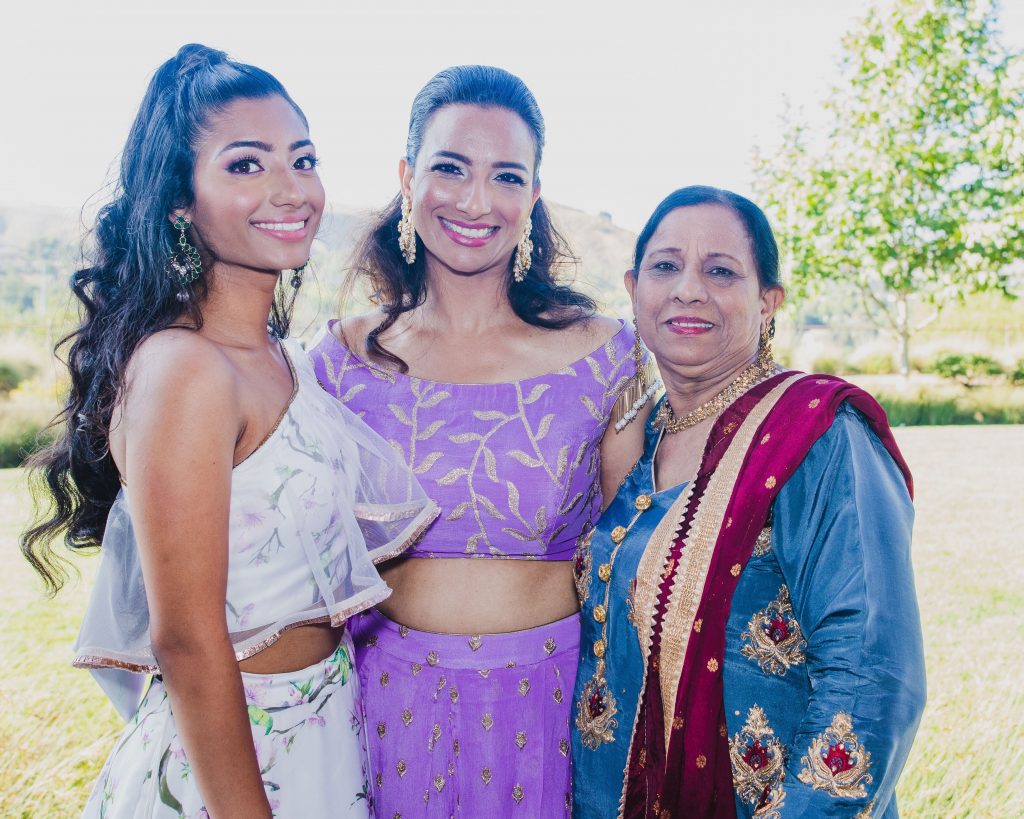
As a fierce advocate for gender equality and women’s ability to choose, I have always made an effort to empower other younger women. It was not until I started having more candid conversations with my mother, that I realized the lack of intergenerational conversation within the feminist movement. My mom didn’t grow up with the same type of sentiments around empowerment as I did. That isn’t to say she grew up feeling oppressed, but rather she grew up ambivalent toward embracing her womanhood.
Growing up in a digital era, it is so easy to find a digital community for any type of belief you hold. Having online communities that promoted feminism helped me embrace my outspokenness on gender inequality and allowed me to feel supported in my beliefs. Our mothers didn’t grow up with social media, so their belief systems were based on what was exposed to them at the time. What support could they find when, culturally speaking, people weren’t supposed to question existing practices?
[Read More: Words of Advice From One Mom to Another This Mother’s Day]
This widely acknowledged narrative does not discount the many powerful narratives of South Asian matriarchs. South Asian women are not a monolith. While there is no universal story of oppression, there is a common theme of passiveness when it comes to teaching girls about empowerment. Mothers, immigrant mothers especially, oftentimes look at empowerment through their daughters’ lives, yet rarely do they apply the same teachings of empowerment to their own lives.
For instance, they can endlessly support our definitions of empowerment, but for them there is this very traditional and generational notion of empowerment they grew up on – empowerment that stems from sacrifice. A woman must sacrifice her livelihood because motherhood will be empowering or a woman must sacrifice self-love because tending to her family will be empowering.
While yes, building a family must be empowering, why have we as a culture, forced women to pick a choice when we can easily support her decision to be more than her motherly “duties.” Why is it that our traditions and values constantly ask South Asian mothers to perform a cost-benefit analysis on their life decisions, rather than supporting them.
In the majority of cases, our mothers were not taught to feel modern-day empowerment, that is to be outspoken, to freely love yourself, and to demand what you deserve. Many live in a mold that has conditioned them to view empowerment as the strength to make sacrifices they made. Seeing their daughters grow up to feel empowered, I can’t help but wonder what they must think. I do not mean in terms of their daughter’s life, but in terms of their own.
[Read More: 9 Feminist Moments of 2019 Worth Reliving]
Personally, as elementary as it sounds, I am guilty of forgetting that my mom was not always a mom, nor is she only a mom. What was she like at my age? How have her views on feminism changed? What kind of self-image did she have? These are the conversations I want to have this Mother’s Day.
As a daughter, you’ll be surprised to hear how your mother’s childhood stories do not fit into any certain mold that you might have put them in. Let us not forget the mutlifactedness of South Asian women, we wear many hats. So instead of celebrating mothers solely from their motherhood, celebrate them wholeheartedly. Regardless of our relationship to them, our mothers deserve to feel freedom of choice, the same way we do. Yes, they sacrificed a lot to pave the way for us to even have these conversations, but now it is time for us to lead a the conversation on empowering a often overlook generation within the feminist movement in the South Asian community – our beautiful mothers.




